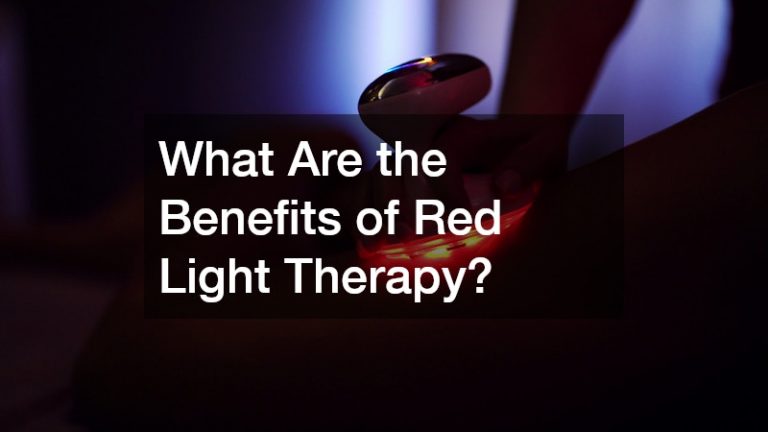Sexual dysfunction is a common problem among men regardless of age. According to studies, around 31 percent of men suffer from this condition. The causes of this disorder can be psychological or medical.
Problems in relationships, stress, depression, guilty feelings about sexual desire, body image issues, anxiety and sexual trauma, including molestation and rape, are some of the known psychological reasons a man can suffer from sexual health problems. Medical reasons, on the other hand, include diabetes, high cholesterol, alcoholism, substance abuse, neurological disorders, nerve damage and hormonal imbalances. Men suffering from high blood pressure, cardiovascular diseases, cancer and kidney failure are also predisposed to this problem.
Sexual dysfunction in men is categorized into four classifications: arousal disorders, orgasm disorders, desire disorders and pain disorders. Men with arousal disorders are unable to get arousal during sexual intercourse. Those with orgasm disorders are unable to climax or experience orgasm during sexual activity. Men with desire disorders lack interest in sex or have any sexual desire at all. Those with pain orders experience pain during intercourse.
Erectile Dysfunction
Sometimes referred to as impotence, this condition in men is characterized by a man’s inability to get or keep an erection hard enough to engage in sexual pleasure. If this condition happens only once in a while, this may not be a cause of concern. However, ongoing occurrences of this disorder may require medical intervention. Persistent erectile dysfunction in men causes stress and low self-esteem. It may even result in relationship problems.
Doctors may perform several tests to assess whether the man has underlying medical conditions that led to his sexual problem. Tests may include urinalysis, ultrasound, physical exam, blood tests, and a psychological exam. Treatment may depend on the cause of the problem and can include oral medications, suppositories, injections, and testosterone replacement among others. Penis pumps, implants, and surgery may also be used. Other types of medication, such as GAINSWave erectile dysfunction therapy, are also rising in popularity.
Premature Ejaculation
An orgasm disorder, this type of sexual disorder in men is relatively common. Figures show that at least one out of three men experiences premature ejaculation at some time in their sexual escapades. Men suffering from this condition often experience ejaculating within a minute after penetration. They are not able to control their ejaculation most or all of the time. Men who experience this condition often feel frustrated with themselves and may tend to avoid sexual intimacy with their partners as a result.

Premature ejaculation is classified into two types: primary (lifelong) and secondary (acquired). Primary premature ejaculation often occurs during the man’s first sexual encounters. Secondary premature ejaculation occurs in persons who have previous sexual experiences but did not have ejaculatory problems in the past.
Treatment for premature ejaculation can range from antidepressants, topical anesthetics, pelvic floor exercises, behavioral techniques, analgesics and some other drugs used to treat erectile dysfunction. There is also the method called the pause-squeeze technique, which may be performed with the partner during sexual activity.
Impaired or Delayed Ejaculation
As opposed to premature ejaculation, men with delayed ejaculation have a hard time reaching sexual climax and releasing semen. Some men with this condition may be unable to ejaculate at all. Depending on the causes, impaired ejaculation may be a lifelong or temporary problem.
Men who are at increased risk from this sexual problem are those with psychological conditions, older, have medical conditions, addicted to alcohol or drugs, and those receiving certain medical treatments. The treatment for this condition can depend on the doctor’s diagnosis of the cause, but may include psychological counseling and oral medications.
Low Libido
Men with decreased libido have less or no sexual interest at all. Although most men will not talk about it, studies show that about 16 percent of men experience this disorder. Men who lose sexual interest are not happy with themselves, and they often feel scared and threatened when faced with this problem.
Libido loss is a gradual process, but they come with warning signs that may include the following:
- Loss of interest in touching your partner
- Loss of the feelings of connection when having sex
- No longer looking forward to having a sexual activity
- Absence of sexual fantasies about your partner
- Decreasing number of sex in a month
All these types of sexual dysfunction in men may share the same causes. They may also be interconnected with each other. For example, low libido and premature ejaculation may be caused by erectile dysfunction. To come up with the best treatment for each type of sexual disorder, it is best to always consult a medical practitioner.






